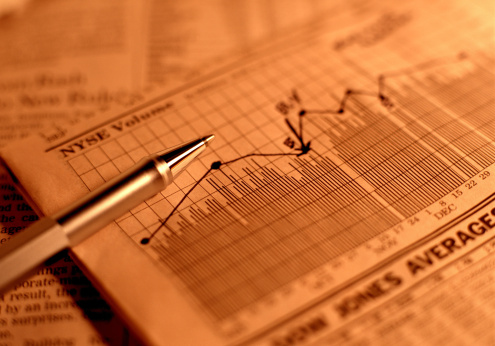London Loses €6 Billion In Trade Per Day Following Brexit

London has lost drastic volumes of trade following the UK’s exit from the EU at the end of 2020. €6 billion worth of trades were lost per day in the first two days of trading in January, with these exchanges taking place within the EU instead of in London. Banking experts have warned that the UK is unlikely to regain the volume of EU share trading it boasted prior to Brexit.
Dramatic New Year Shift
The volumes lost at the start of the year are equivalent to roughly half of the trades banks and brokers in London would typically make in a day.
This dramatic shift of trading away from London and towards new EU hubs such as Amsterdam, Paris, and Frankfurt was caused by the EU’s refusal to recognise the UK’s regulatory systems as equivalent to its own.
Almost all euro-dominated trades were obliged to move from London to the EU as a result.
A Permanent Change?
This significant shift in trading is unlikely to reverse itself unless the EU grants equivalency to the financial regulatory frameworks in the UK.
However, financial experts are predicting that this is not likely and that the market will instead need to adapt to changing circumstances.
Nevertheless, the UK and EU are aiming to come to an agreement about financial cooperation between the two sides by the end of March.
Reasons For Optimism
Despite this news, there is still cause for optimism in the City. Job losses as a result of the transition are significantly lower than originally expected.
The number of lost jobs is currently estimated to be between 5,000 and 7,000. Experts say it’s unlikely that even more jobs will be lost following the shift in trade because this change was widely anticipated and prepared for.
Added to that, it has also been suggested that the movement of trade is unlikely to significantly harm the UK economy. This is because the majority of tax paid by the share trading industry is paid on the income of the trading venues rather than on the trades themselves.